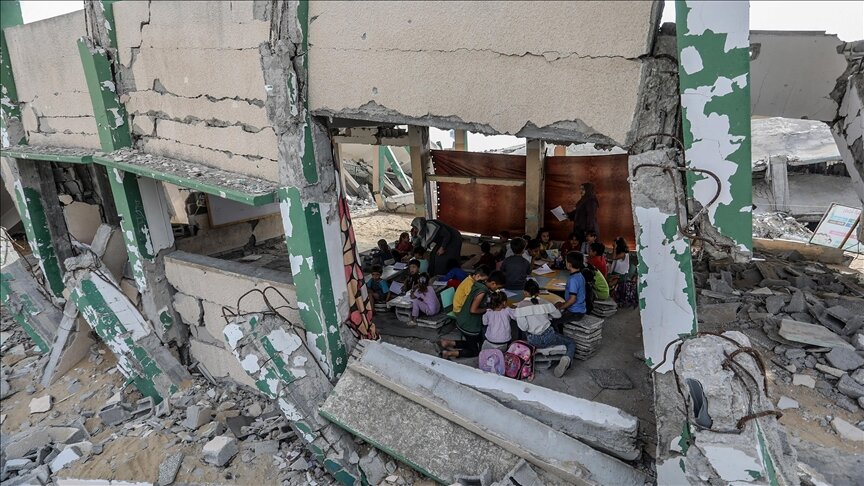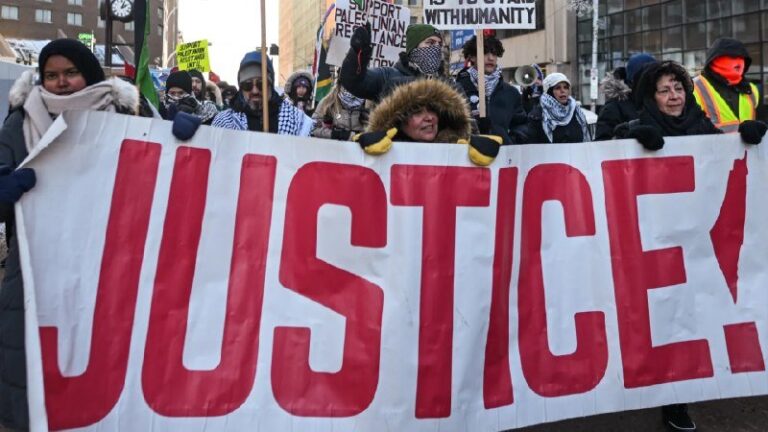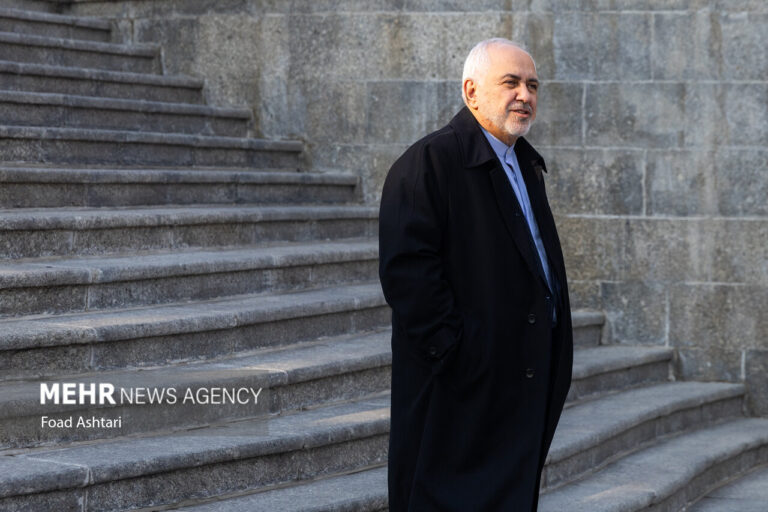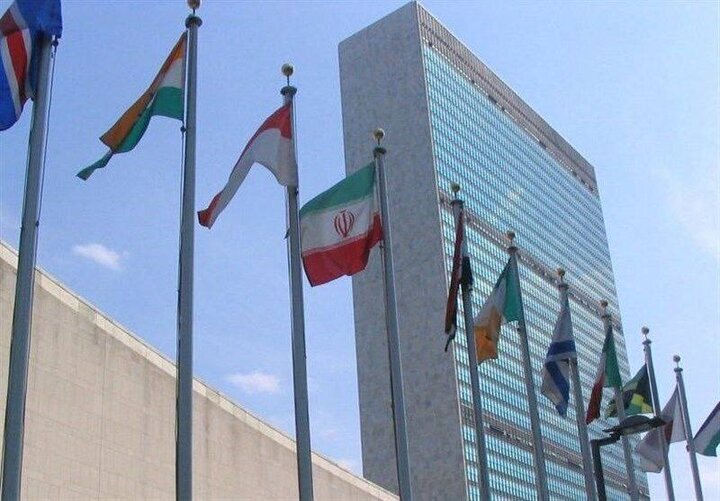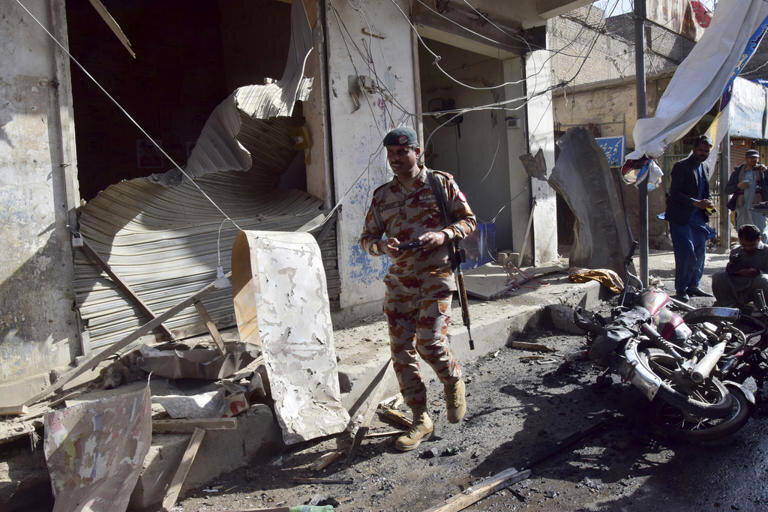Over 70% of Gaza Schools Suffer Direct Strikes in Ongoing Conflict
In the ongoing humanitarian crisis in Gaza, the urgent need for educational infrastructure has become alarmingly clear. According to a recent statement from the UN agency, a staggering 88% of schools in Gaza require reconstruction or significant rehabilitation.
This situation includes 162 UNRWA schools, which have historically provided education to hundreds of thousands of boys and girls. The refugee agency highlighted the profound impact of the ongoing conflict, noting that the Israeli military actions have not only displaced many families but have also traumatized children, severely limiting their access to education.
“Education in Gaza is a casualty of war,” the agency lamented. As the conflict escalates, the implications for the younger generation become increasingly dire.
The Israeli army resumed its aggressive operations in Gaza on March 18, effectively ending a ceasefire and prisoner exchange agreement that had been in place since January. This resurgence of violence has had devastating consequences, with nearly 51,000 Palestinians, primarily women and children, reported killed during the brutal onslaught since October 2023.
In addition to the humanitarian crisis, the situation has garnered international attention. The International Criminal Court issued arrest warrants last November for Israeli Prime Minister Benjamin Netanyahu and former Defense Minister Yoav Gallant for war crimes and crimes against humanity in Gaza. Moreover, Israel is also under scrutiny at the International Court of Justice, facing a genocide case related to its actions in the enclave.
Impacts on Education and Humanitarian Needs
The ongoing conflict has had several significant impacts on the education sector and the overall humanitarian situation in Gaza:
- Destruction of Educational Facilities: With 88% of schools requiring major repairs, many children are left without a place to learn.
- Trauma and Psychological Effects: The violence has led to severe psychological trauma among children, affecting their ability to learn and thrive.
- Displacement of Families: The conflict has forced many families to flee their homes, disrupting their children’s education.
- International Response: The ongoing situation has prompted international bodies to take action, including issuing arrest warrants for key Israeli leaders.
The impact of these factors cannot be overstated. Not only are educational facilities being destroyed, but the very fabric of society is being torn apart. The loss of educational opportunities for children threatens the future of an entire generation.
Call to Action: The Importance of Education in Crisis
As the crisis continues, the need for immediate action becomes more pressing. Here are some steps that can be taken to address the educational needs of children in Gaza:
- Reconstruction Efforts: International support is crucial for rebuilding schools and educational institutions.
- Psychosocial Support: Providing psychological support for traumatized children is essential for their recovery and educational success.
- Humanitarian Aid: Increased humanitarian aid can help families displaced by the conflict and ensure that children have access to basic needs.
- Advocacy for Peace: Global advocacy for a peaceful resolution to the conflict can help restore stability and allow for educational initiatives to resume.
The international community must prioritize the urgent educational needs of Gaza’s children. Without a strong emphasis on education, the cycle of violence and trauma will continue to impact future generations.
In conclusion, the situation in Gaza presents a complex array of challenges, particularly concerning the education of children. As the crisis unfolds, it is imperative that both local and international stakeholders come together to address these urgent needs, ensuring that education is not overlooked in the face of conflict.
For updates on the situation in Gaza and efforts to support education in crisis, stay informed through reliable news sources and humanitarian organizations.
